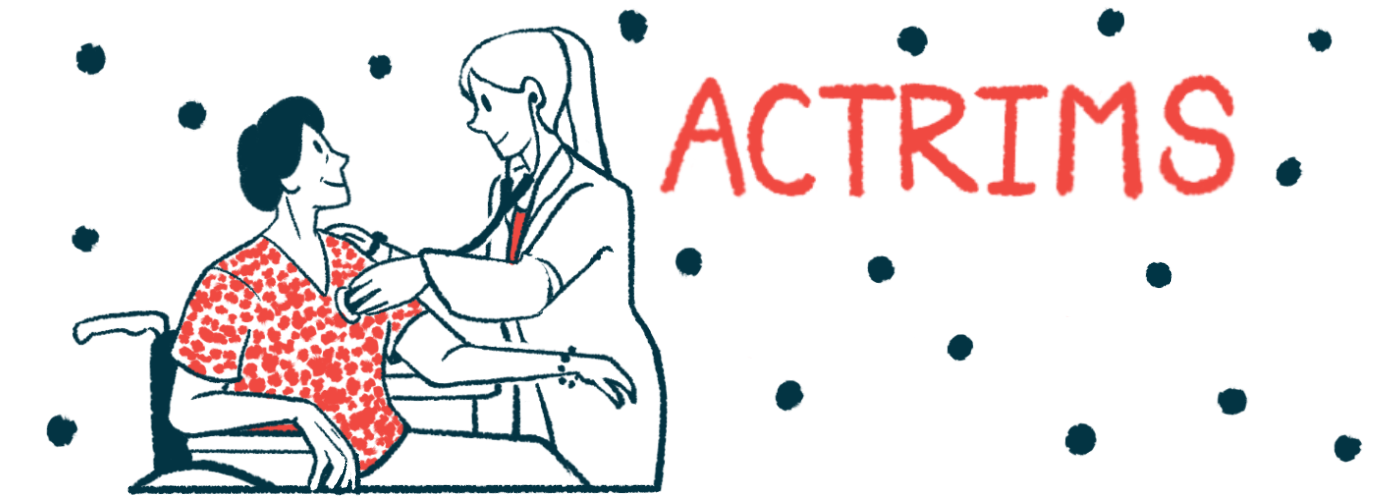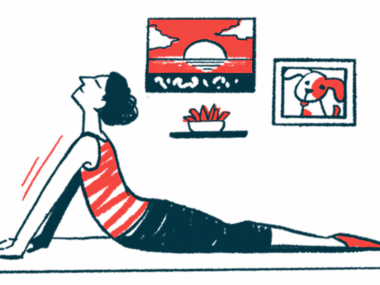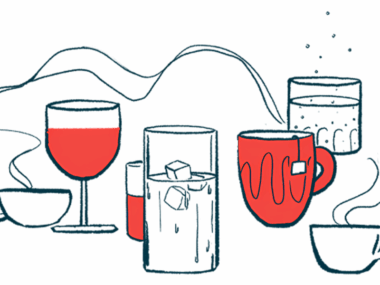ACTRIMS 2023: Medication, talk therapy both ease MS-related fatigue
Individual clinical situations, treatment goals should factor into choice of intervention
Written by |

Cognitive behavioral therapy (CBT), a form of talk therapy, and medication given separately or in combination can ease fatigue significantly for people with multiple sclerosis (MS), according to new data from a clinical trial.
The effect on fatigue was comparable for talk therapy, medication, or the combination in validated measures of fatigue. However, results suggested patients given both treatments in combination tended to perceive the greatest benefit in their overall health and well-being than those given either intervention alone.
Tiffany Braley, MD, a professor at the University of Michigan, discussed these findings at the Americas Committee for Treatment and Research in Multiple Sclerosis (ACTRIMS) Forum on Feb. 23-25, both virtually and in San Diego, California.
The presentation was titled, “A Comparative Effectiveness Trial of Telephone-Delivered Cognitive Behavioral Therapy, Modafinil, and Combination Therapy of Both Interventions for Fatigue in Multiple Sclerosis: Primary Results From the COMBO-MS Trial.”
Fatigue — persistent feelings of low energy and tiredness — is one of the most common symptoms of MS, affecting up to 90% of patients. While several therapeutic options are available, “no single treatment is broadly or highly effective for multiple sclerosis fatigue,” Braley said.
Noting that many of these therapies have not been tested in combination, she said MS fatigue treatments “have not been fully optimized in a patient-centered manner that accounts for the heterogeneity of people with multiple sclerosis, [fatigue severity], or real world clinical practice.”
A potential treatment for MS-related fatigue may include modafinil, a stimulant for managing sleep disorders like narcolepsy that’s commonly prescribed off-label in MS. CBT, which focuses on breaking out of unhelpful patterns of thought and beliefs, may also be beneficial.
It’s not known if one strategy is generally better than the other or if combining medication and talk therapy could yield greater benefits than either treatment alone, leading scientists to conduct a clinical trial called COMBO-MS, which enrolled 336 MS patients with clinically relevant fatigue.
Medicine, talk therapy — or both
Participants were randomly assigned to one of three groups — modafinil alone, telephone-based CBT alone, or both combined — for 12 weeks (about three months). The modafinil dosing was adjusted based on each participant’s response and ranged from 50 mg daily to 200 mg twice daily.
Fatigue scores at the beginning and end of the trial were assessed with the Modified Fatigue Impact Scale (MFIS), a standardized measure with higher scores suggesting more severe fatigue.
Standardized measures of sleepiness, sleep hygiene, depression, and disability were also collected, as were scores on the Patient Global Impression of Change (PGIC), a patient-reported measure of the perceived effect of treatment on overall quality of life.
After 12 weeks, the average MFIS scores were significantly and clinically meaningfully reduced in all three groups — by 16.9 points for modafinil alone, 15.2 points for CBT alone, and 17.3 in the combination group, results showed.
Statistical comparisons of fatigue scores showed no difference between the three groups, and in all, more than two-thirds of patients had at least a 10-point reduction in the total MFIS score — considered clinically significant.
“All three treatment groups saw similar effects in terms of MFIS reduction,” Braley said.
For patient-reported PGIC scores, the average score was significantly higher in the combination group (5.06 points) than the CBT-only group (4.74 points) or the modafinil-only group (4.5), however. This suggests that, although all three interventions had similar effects on fatigue scores, patients given both CBT and modafinil in combination tended to perceive a greater overall benefit.
“CBT, modafinil, and combination therapy were each associated with reduced fatigue impact in [people with] MS, but combination therapy was more frequently associated with perceived global benefits,” the researchers wrote.
MFIS scores and depression, sleep hygiene
Depression and disability did not show any significant association with MFIS scores, additional analyses suggested. However, associations were found related to sleep hygiene (habits related to sleep, such as going to bed at a consistent time every night).
Specifically, patients with good sleep hygiene were more likely to see a reduction in MFIS scores with modafinil alone, while patients with poor sleep hygiene tended to benefit more from CBT or the combination. This was expected, as the CBT intervention included instructions aimed at improving sleep hygiene, Braley said.
Results also suggested the reduction in MFIS scores tended to be more dramatic among patients with higher scores related to daytime sleepiness, regardless of their assigned treatment.
Trial data also suggested that all the interventions were well tolerated, with no serious safety issues reported with modafinil or CBT alone or in combination. Few patients (7.7%) discontinued treatment over the 12 weeks.
“In conclusion, all three treatment arms in this case were associated with similar clinically significant reductions in fatigue impact, at least as measured by the MFIS, were well tolerated, and were associated with good acceptance, but combination therapy may have a greater association with perceived global benefits,” Braley concluded.
The researchers suggested that the individual patients’ clinical situation and treatment goals “should be considered when selecting interventions, to offer a more personalized approach to management” which may include CBT, medication, or a combination thereof.
Note: The Multiple Sclerosis News Today team is providing in-depth coverage of the ACTRIMS Forum 2023 Feb. 23-25. Go here to see the latest stories from the conference. Follow along on Facebook, Twitter, and Instagram for live updates using the hashtag #actrims2023.



